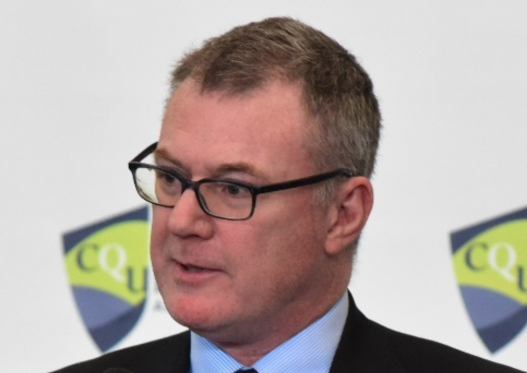The interests of the customer and integrity need to be the primary focus for financial services professionals.
Outgoing Financial Markets Authority chief executive Rob Everett recalled his first comments in the role as he made one of his final speeches as New Zealand’s corporate regulator.
Speaking at the Financial Services Council’s ReGenerations Reimagined conference, he repeated his call to action from 2014.
“What do I ask of industry leaders? I ask that you embed the concepts of "interests of the customer" and "integrity" in all that you and your organisations do. These must be the very cornerstones of the industry,” he said at the time.
In a no-holds-barred address, Everett also suggested the Kiwi financial services industry was making progress but needed cajoling.
“It took the Royal Commission in Australia and our Conduct & Culture reviews with the Reserve Bank to get some parts of the industry to take note,” he said.
“Even now it is requiring court proceedings and public sanctions to bring some firms fully to the conduct table.
“I'm not at all convinced that the industry or those in the legal and consulting professions paid much attention to my comments.
“I’m a big believer in getting industry buy-in for the direction of travel but where we don’t get it we will continue to use the stick – enforcement action and public censure.
“If you look at our current slate of activity that is visible to the public eye – we have been active on AML, derivatives for retail investors, insurance products, KiwiSaver and a host of other areas.
“The Australian Royal Commission in 2018 prompted Adrian Orr and I to ask the banking and life insurance sectors to tell us why it couldn't happen here and we followed that with a review of the general insurance sector.
“I have to say that whilst now in late 2021 I am confident in saying that real progress has been made, it has not been easy.
“We continue to be affronted at instances where see how little boards and senior management actually do until the FMA is at their door.
“The rethinking of products, sales practices, incentives – this is the hard wiring of the industry. It cannot be changed easily – ripping the wiring out and replacing it is painstaking and sometimes requires consequential changes that weren’t obvious on day 1.
“I know principles-based regulation that uses terms like "interest of the customer", "serving customer needs" and "customer-focused outcomes" can be fuzzy but a customer-focused industry does not happen because related topics occasionally appear on the Board agenda or appear on management committee agendas.
“We have seen how banks responded to the conduct and culture reviews and to our attack on misaligned incentives that, with the right leadership at the top, even the biggest end of town can turn itself around.
“We are seeing good signs of progress in some parts of almost every sector.
“Remediation programs are getting better at identifying and resolving past issues, and product design and marketing, whilst still occasionally seeming as it serves the provider better than the consumer, has started to shift.
“We also see advisers, insurers, fundies and banks striving to serve customers during times of need and working hard to meet our expectations. And to help us hone those expectations so that they are demanding but also fair and reasonable.”
The CEO who leaves his role at the end of the month urged financial services leaders to remember who it serves, adding: “That is every man, woman and child in New Zealand. If you work in financial services, you provide vital products and services to New Zealanders.
“If leaders never forget that sense of service and resist the urge to take the simpler or more profitable route rather than harder and longer-term routes, then the industry sectors will do great things.”









